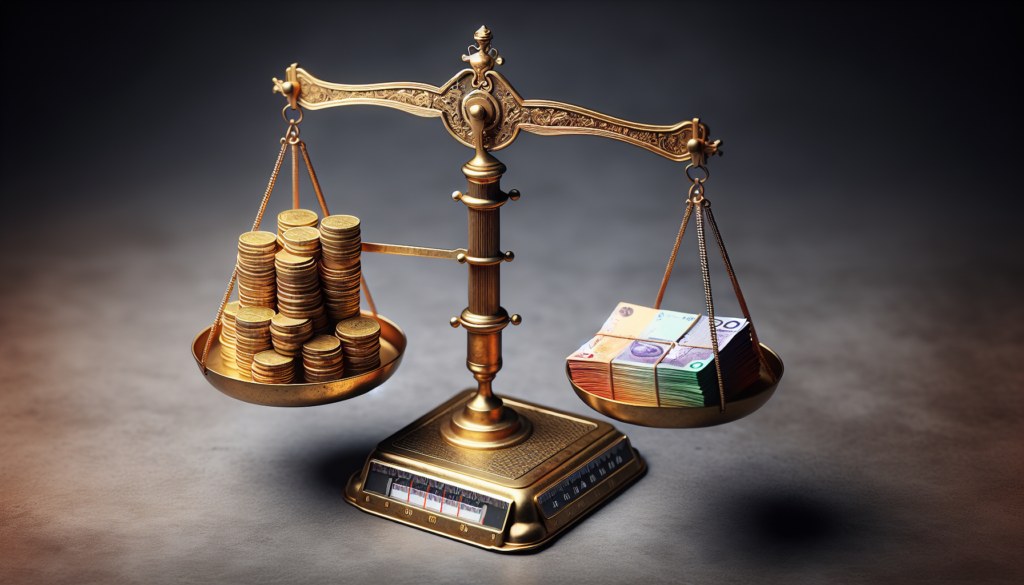
Wage garnishment can significantly impact your financial stability, leaving you struggling to cover essential expenses. If you’re facing wage garnishment due to outstanding debts, filing for bankruptcy might be a viable solution to halt this process and regain control of your finances. This comprehensive guide explores how bankruptcy can stop wage garnishment, offering insights into Chapter 7 and Chapter 13 filings and practical steps to take action.
Understanding Wage Garnishment
Wage garnishment is a legal procedure in which a portion of your earnings is withheld by your employer to pay off debts such as credit card bills, medical expenses, or loans. While it’s a legitimate debt collection method, garnishment can create significant financial hardship. Fortunately, bankruptcy offers a legal recourse to stop wage garnishment, providing much-needed relief to debtors.
The Power of the Automatic Stay in Bankruptcy
One of the most immediate benefits of filing for bankruptcy is the imposition of the automatic stay. This legal injunction comes into effect the moment you file for bankruptcy, halting most creditors from continuing with collection actions, including wage garnishment. The automatic stay is a cornerstone of bankruptcy law, designed to give debtors a breathing space to reorganize their finances without the pressure of ongoing garnishment.
Chapter 7 Bankruptcy: A Path to Discharging Debts
- Immediate Relief: Filing for Chapter 7 bankruptcy triggers the automatic stay, stopping wage garnishment right away. This allows you to receive your full paycheck, alleviating financial strain.
- Debt Discharge: Chapter 7 can lead to the discharge of many types of debts responsible for garnishment, such as credit card debt and medical bills. Once these debts are discharged, creditors cannot resume garnishment actions against you.
- Exceptions to Note: It’s important to remember that not all debts can be discharged in Chapter 7 bankruptcy. Obligations like child support, alimony, and certain tax debts are exempt from discharge and garnishment may continue for these debts.
Chapter 13 Bankruptcy: Restructuring Your Debt
- Repayment Over Time: Chapter 13 bankruptcy also stops wage garnishment through the automatic stay. Unlike Chapter 7, Chapter 13 involves creating a repayment plan to pay back debts over three to five years, potentially at a reduced rate.
- Managing Priority Debts: Chapter 13 allows you to incorporate priority debts into your repayment plan, addressing garnishments for non-dischargeable debts systematically and without the immediate financial hardship caused by garnishment.
- Achieving a Permanent Solution: Successfully completing a Chapter 13 repayment plan leads to the discharge of remaining dischargeable debts, ensuring creditors cannot restart garnishment for those debts.
Steps to Stop Wage Garnishment Through Bankruptcy
- Seek Professional Advice: Consulting with a knowledgeable bankruptcy attorney is crucial. They can evaluate whether bankruptcy is the best strategy to address your wage garnishment and guide you through the filing process.
- Act Quickly: To halt wage garnishment promptly, you must file for bankruptcy as soon as possible. Your attorney will notify the relevant parties, including your employer and the creditor, about the bankruptcy filing and the automatic stay.
- Gather Documentation: Be prepared to provide your attorney with detailed information about your debts, income, assets, and the garnishment order. This documentation is essential for preparing your bankruptcy petition.
- Follow Through: Whether you opt for Chapter 7 or Chapter 13, attending the creditors’ meeting and completing any required steps or filings is essential to the success of your bankruptcy case.
Filing for bankruptcy offers a legal pathway to stop wage garnishment, allowing you to address your debts in a structured manner and work towards financial recovery. Whether through the immediate discharge of debts in Chapter 7 or the organized repayment plan of Chapter 13, bankruptcy can provide relief from the financial burden of wage garnishment. Given the complexities of bankruptcy law and the long-term impact on your financial situation, partnering with an experienced bankruptcy attorney is advisable to navigate this process effectively.

Get a Free Bankruptcy Case Evaluation